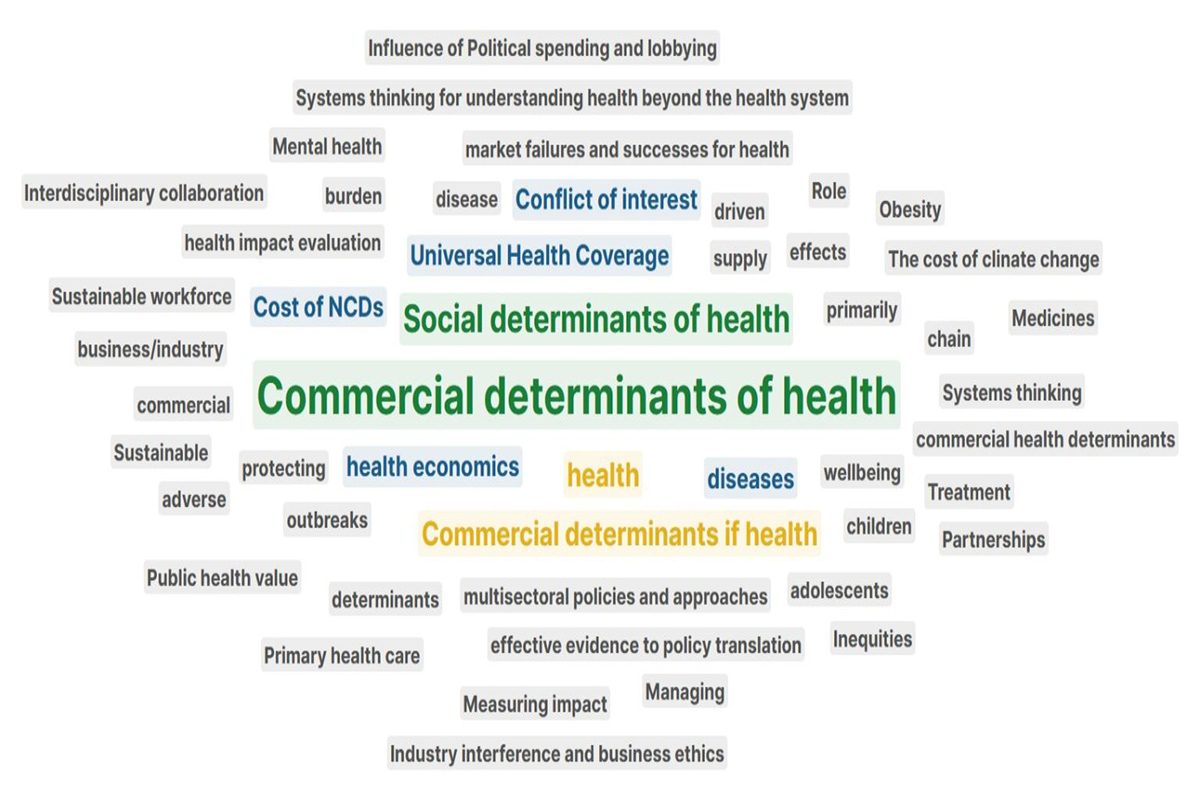Major Blow to Australian Science: $1.8 Billion in Health Research Funding Axed by Trump Administration

A groundbreaking new study has revealed a significant setback for global health research, with the Trump administration reportedly cancelling $1.8 billion in research grants. The impact extends beyond the United States, affecting international collaborations and potentially hindering scientific advancements worldwide, including those with relevance to Australian research initiatives.
The study, meticulously examining data from the National Institutes of Health (NIH), found that these grant terminations occurred during the final years of the Trump presidency. While the reasons cited varied, the overall effect was a substantial reduction in funding for crucial scientific exploration.
Impact on Young Scientists: A Critical Loss
Perhaps the most concerning aspect of these cancellations is the disproportionate impact on early-career researchers. Approximately 20% of the terminated grants were specifically designed for training, fellowships, and career development programs aimed at nurturing the next generation of scientists. This represents a significant loss of opportunity for aspiring researchers and a potential brain drain from the field. The absence of these vital programs can deter talented individuals from pursuing scientific careers, ultimately slowing down the pace of discovery.
Ripple Effects Across Research Areas
The affected research areas are diverse, spanning cancer, infectious diseases, neuroscience, and more. The loss of funding disrupts ongoing projects, forces researchers to seek alternative sources of support (often with limited success), and can even lead to the closure of entire research labs. This instability creates a climate of uncertainty that discourages innovation and collaboration.
Australian Implications: Collaboration and Shared Interests
The ramifications of these funding cuts are felt globally, including in Australia. Australian researchers frequently collaborate with their US counterparts on joint projects, and US funding often supports research that benefits Australian science. The loss of this funding stream could impede progress in areas of mutual interest, such as developing new treatments for diseases prevalent in Australia and addressing unique challenges facing the Australian healthcare system. Specifically, collaborative projects in areas like coral reef health and agricultural innovation could be negatively impacted.
Looking Ahead: The Importance of Sustained Research Funding
This study serves as a stark reminder of the importance of sustained and predictable research funding. Political shifts can have a devastating impact on scientific progress, and it is crucial that governments prioritize investment in research to ensure a healthy and prosperous future. The Australian government's continued commitment to supporting scientific research, both domestically and through international collaborations, is more vital than ever in light of these developments.
The findings highlight the need for robust advocacy from the scientific community to ensure that research funding is protected from arbitrary cuts and that the next generation of scientists has the resources they need to thrive. The long-term consequences of underfunding research are far-reaching, affecting not only scientific advancement but also public health, economic growth, and national security.





